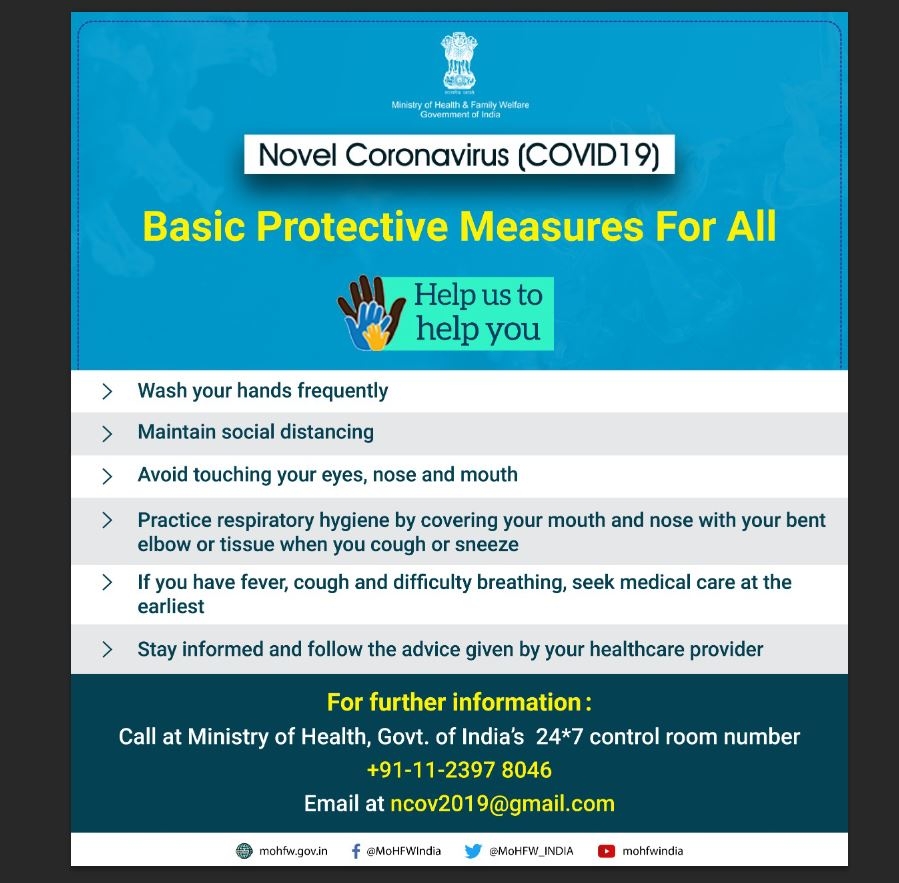Working overtime is bad for health. It is important to work for a living but it doesn’t mean you have to work overtime. It is said that working 40 to 50 hours a week is more than enough. But blaming working hours will be unfair.
But have you ever wondered what will happen if your own work starts consuming your health and your life?
Here are some serious health hazards of working overtime
You may choose alcohol for relaxation
Working more than 40 hours per week can make you more likely to drink an unsafe amount of alcohol. According to various studies, overtime contributes to a minimum of 14 drinks for women and 21 drinks for men per week. Consuming alcohol more than desirable can also increase your risk for life-threatening conditions.
Back and neck pain
Each and every part of your body needs rest. Working overtime once or twice a week may be fine but doing the same every day is not always a good thing. More hours you work, more you put your back and neck in trouble. Usually, for women, the pain tends to show up in the neck, whereas for men it is in the lower back.
Issues in relationships
Even if you try to give your 100% for your relationships, the stress, fatigue, and depression that you are experiencing due to work may take a charge on them as well.
Your heart is also working overtime
When you are too indulged in your work, you never pay attention towards your health. Work stress can release the hormone cortisol, which is bad for your heart. This in turn can increase your risk for stroke, coronary artery disease, type 2 diabetes and even cancer.
Productivity is blocking
Working overtime without significant results will probably decrease your productivity. A Stanford research paper found that people who worked 70 hours per week didn’t actually get more work done than their peers who worked 56 hours.
Less sleep at night, more tiredness at daytime
Fact is very simple, if you stay up longer it leads to less sleep and more daytime tiredness. Poor sleep results in decreasing productivity while increasing your risk for chronic conditions like type 2 diabetes and heart disease.
Working overtime is bad for health. It is important to work for a living but it doesn’t mean you have to work overtime. It is said that working 40 to 50 hours a week is more than enough. But blaming working hours will be unfair.
But have you ever wondered what will happen if your own work starts consuming your health and your life?
Here are some serious health hazards of working overtime
You may choose alcohol for relaxation
Working more than 40 hours per week can make you more likely to drink an unsafe amount of alcohol. According to various studies, overtime contributes to a minimum of 14 drinks for women and 21 drinks for men per week. Consuming alcohol more than desirable can also increase your risk for life-threatening conditions.
Back and neck pain
Each and every part of your body needs rest. Working overtime once or twice a week may be fine but doing the same every day is not always a good thing. More hours you work, more you put your back and neck in trouble. Usually, for women, the pain tends to show up in the neck, whereas for men it is in the lower back.
Issues in relationships
Even if you try to give your 100% for your relationships, the stress, fatigue, and depression that you are experiencing due to work may take a charge on them as well.
Your heart is also working overtime
When you are too indulged in your work, you never pay attention towards your health. Work stress can release the hormone cortisol, which is bad for your heart. This in turn can increase your risk for stroke, coronary artery disease, type 2 diabetes and even cancer.
Productivity is blocking
Working overtime without significant results will probably decrease your productivity. A Stanford research paper found that people who worked 70 hours per week didn’t actually get more work done than their peers who worked 56 hours.
Less sleep at night, more tiredness at daytime
Fact is very simple, if you stay up longer it leads to less sleep and more daytime tiredness. Poor sleep results in decreasing productivity while increasing your risk for chronic conditions like type 2 diabetes and heart disease.
























